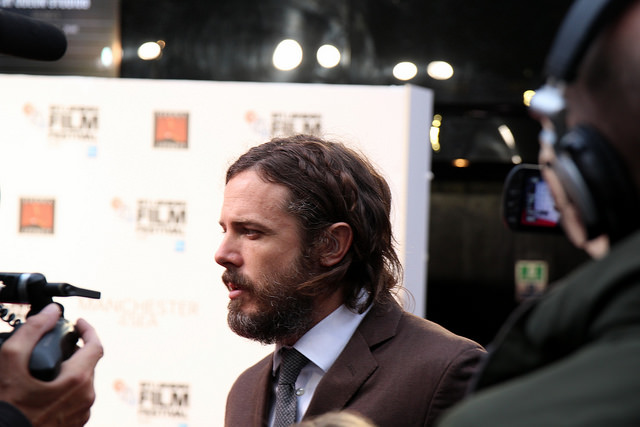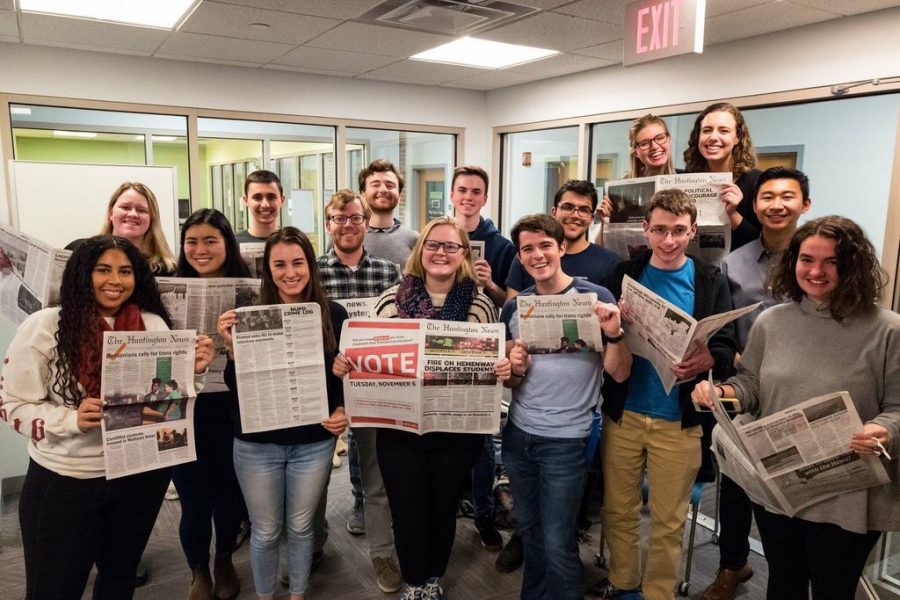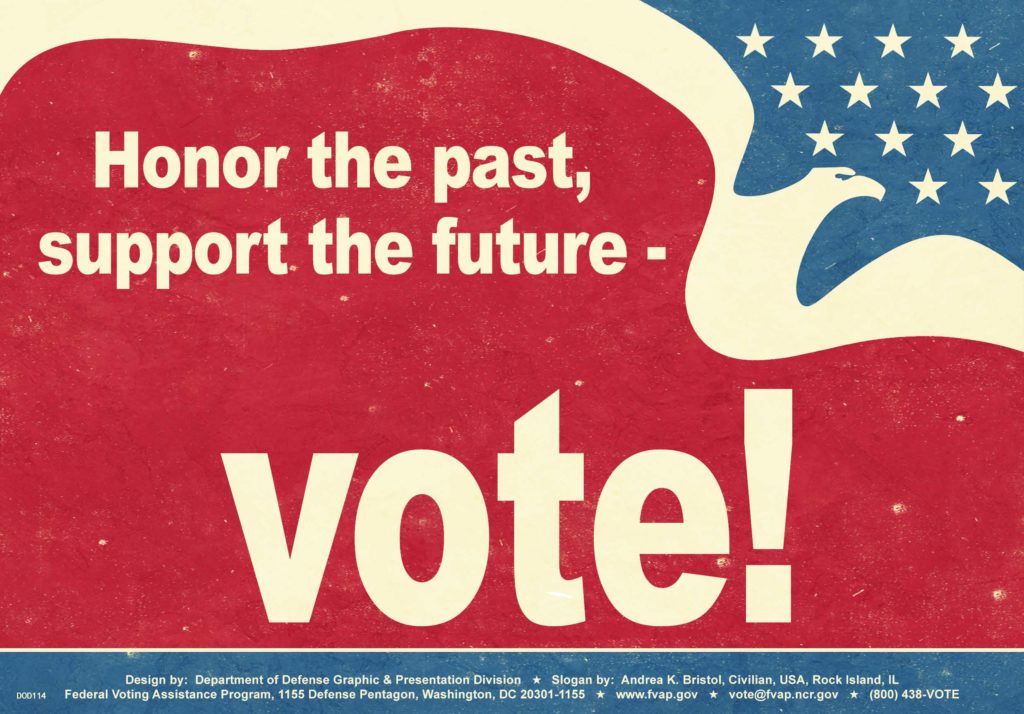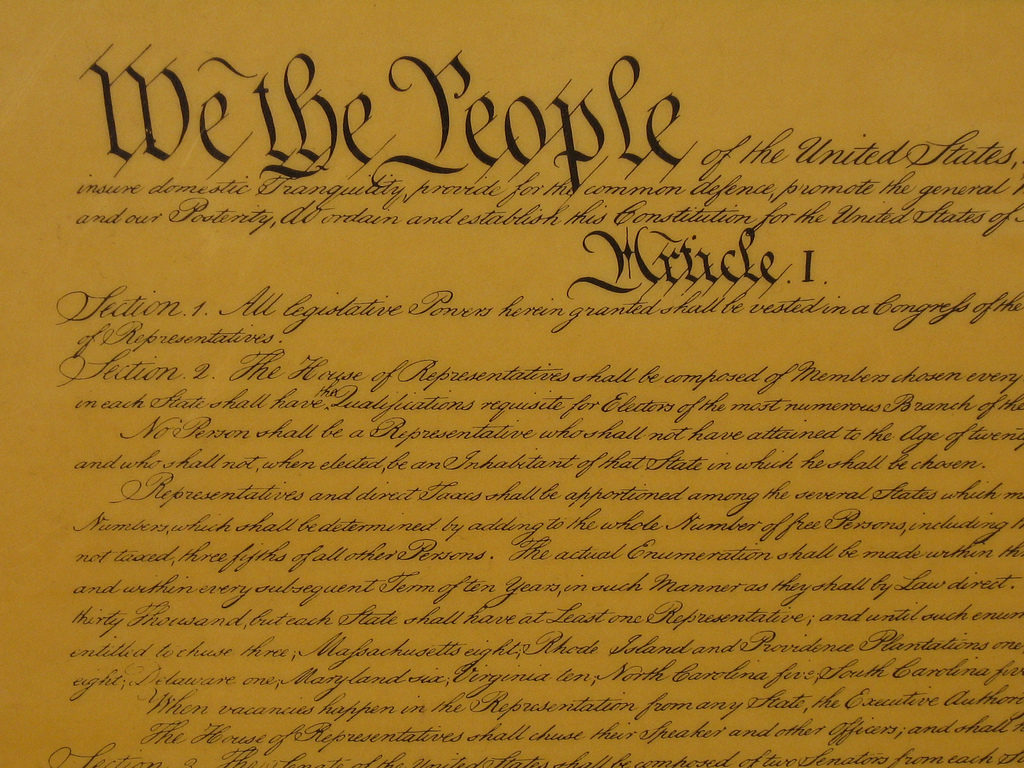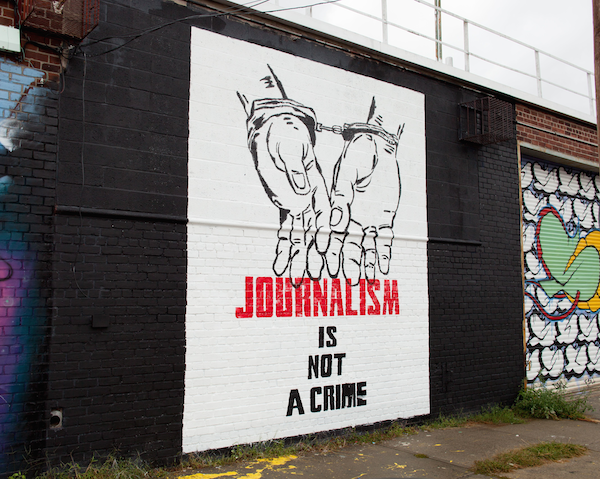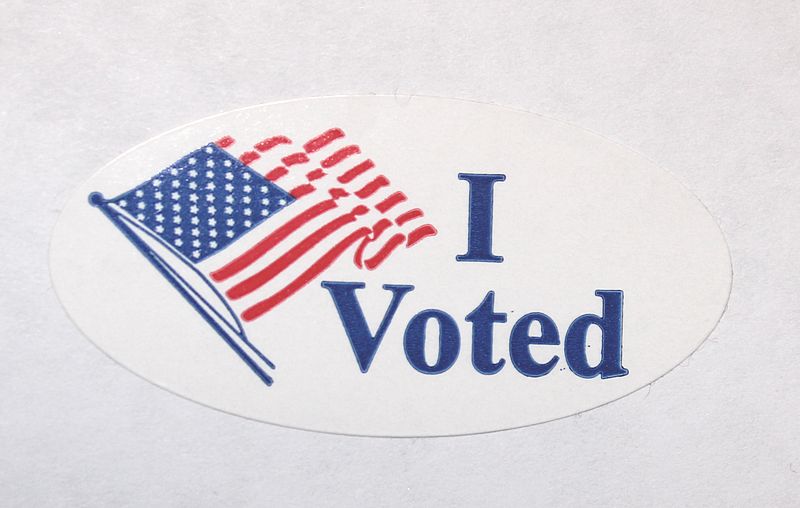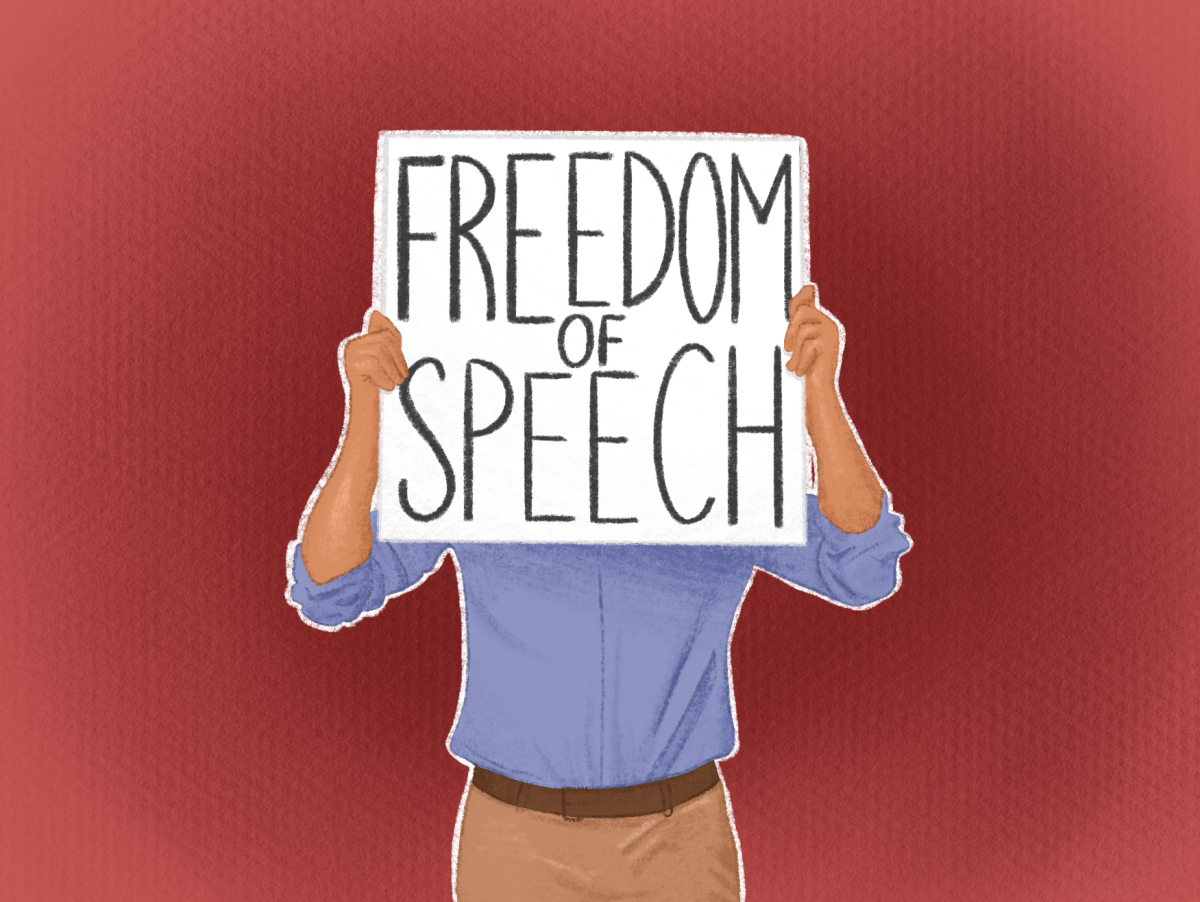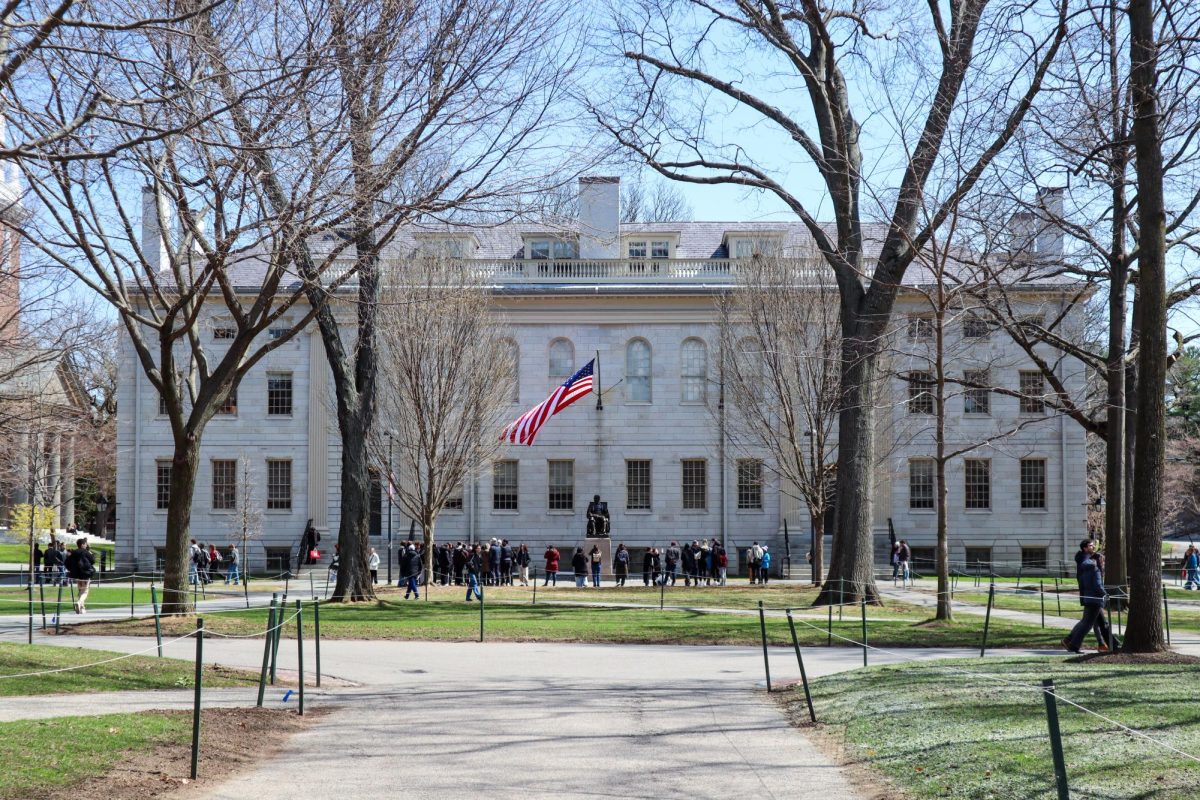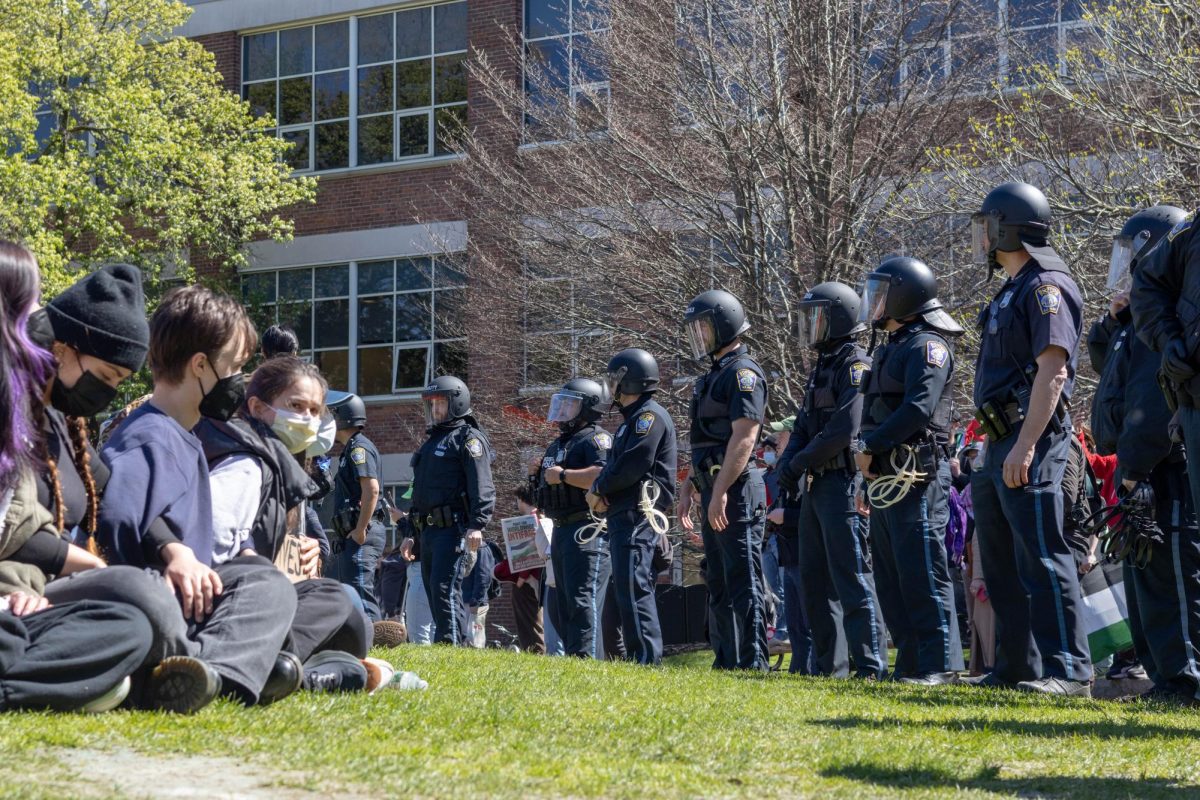TRIGGER WARNING: This story contains material which may be upsetting or harmful to survivors of sexual or domestic violence.
On Sunday, Brie Larson presented Casey Affleck with his second award this season. Larson, who won an Oscar last year for her portrayal of a mother and sexual assault survivor in “Room,” wore an expression of politely muted dismay as she handed Affleck his Academy Award.
Larson, an outspoken feminist and advocate for survivors, did not clap for the man who has been accused of multiple accounts of sexual harassment.
The allegations against Affleck stem from a 2010 lawsuit that was ultimately settled out of court. According to New York Magazine, producer Amanda White and cinematographer Magdalena Gorka sued Affleck for $2 million and $2.25 million, respectively, alleging that Affleck verbally and physically harassed them throughout filming. The instances of alleged harassment range from Affleck bragging about his “sexual exploits” to one disturbing account of Gorka waking up to find Affleck in bed next to her “caressing her back.”
In an interview with The Boston Globe earlier this week, Affleck said he, White and Gorka were all prohibited from speaking about the case. He added that “mistreatment of anyone for any reason is unacceptable and abhorrent” but said there was nothing he could really do about the claims.
The case against Affleck is representative of a much larger problem. According to the Rape, Abuse and Incest National Network (RAINN), more than 321,500 Americans are sexually assaulted or raped each year. Yet, analysis by the U.S. Bureau of Justice in 2014 found that the vast majority of rapes and sexual assaults go unreported—80 percent of students and 67 percent of non-students among women aged 18 to 24. Moreover, the prevalence of false allegations of sexual assault is between two and 10 percent, according to a 2010 study.
Survivors of sexual assault, especially women, are often discouraged from reporting based on the idea that such allegations will ruin the perpetrator’s life. Yet, there is a long list of sexual assailants who have gone on to have wildly successful careers.
Two unnamed managers at Uber, according to a blog post by former employee Susan J. Fowler and a separate anonymous Medium post, openly sexually harassed women at the company. When Fowler and her contemporary reported them to the company’s human resources department, they were told the men in question were “highly valuable” to Uber CEO Travis Kalanick. Nothing would be done.
Filmmaker Woody Allen allegedly sexually abused his adopted 7-year-old daughter Dylan Farrow in 1992. Allen also began a relationship with his 21-year-old adopted daughter Soon-Yi and left his wife Mia Farrow for her. Since then, he’s been nominated for 10 Oscars. He won the Academy Award for Best Original Screenplay in 2012 for “Midnight in Paris.”
Hip-hop artist Chris Brown beat Rihanna so badly when the two were dating in 2009 that she took out a restraining order against him. In August last year, Brown was arrested for allegedly threatening a woman with a gun. Brown is currently on tour after the release of his eighth studio album.
Former professional boxer Mike Tyson was found guilty of raping Desiree Washington, a Miss Black Rhode Island contestant, in 1992. After serving three years of his six-year prison sentence, he had a famously successful boxing career. He also won a Golden Globe in 2009 for his role in “The Hangover.”
In perhaps the most gut-wrenching example of all, Donald J. Trump has allegations against him going back decades. In a 1993 book, his ex-wife Ivana Trump provides a harrowing account of her husband violently raping her. Infamously, in the 2005 “Access Hollywood” tape obtained by The Washington Post and released in October, Trump says, “I just start kissing them. […] Grab them by the pussy.” Trump is now the president of the United States.
It would be easy to let these examples stand on their own, to allow them to speak for themselves. However, we at The Huntington News feel we have a moral obligation not only to condemn these perpetrators of violence, but to call on our readers to do so, too. A culture will not change unless there is an enormous, impassioned upheaval of the norm.
We refuse to accept a norm in which sexual assailants—alleged or convicted—go on to achieve massive wealth and fame, while survivors are told that they shouldn’t report for the sake of the perpetrators. Call out your friends, relatives, professors and peers when they make a casual rape joke or idolize alleged rapists and abusers. Advocate for systemic reform that protects survivors, not rapists. We have to work together to make sure we are not complicit in a society that tolerates sexual violence.
Photo courtesy Bex Walton, Creative Commons


